calsfoundation@cals.org
Bismarck (Hot Spring County)
Bismarck is an unincorporated community located in western Hot Spring County at the intersection of Arkansas Highways 7 and 84. Near DeGray Lake, the community serves visitors to the lake as well as serving as a bedroom community for Hot Springs (Garland County) and Arkadelphia (Clark County). DeGray Lake Resort State Park is located in the community.
The first settlers in the area began to obtain land patents just before the Civil War. Neal McDonald obtained 240 acres on July 1, 1859, including the area where Bismarck is now centered. At this time, the area was part of Clark County. Several other settlers obtained patents on April 2, 1860, including Jonathan Fulton, Edward Howerton, Caleb Killian, and Elisha Williams. These early landowners operated small-scale farms, growing cotton and subsistence crops. Three of Killian’s children (out of an eventual ten he would have with four wives) died in a two-year period in 1865–1866 and are among the earliest burials in the Bismarck Cemetery.
Additional settlers arrived after the Civil War, and the community was first called Cross Roads. One of the earliest organizations in the area began in 1881 when a Masonic lodge was formed. In 1873, Hot Spring County was extended to the west, and the Bismarck community became part of that county. A post office was established in 1883, likely in the home of Caleb Killian. Frank Holstein contracted with the postal service to deliver mail to offices located between Malvern (Hot Spring County) and Point Cedar (Hot Spring County), with Cross Roads along the route. He renamed the post office Bismarck in honor of German chancellor Otto von Bismarck. The township in which the settlement is located is also known as Bismarck.
Just one year after the establishment of the post office, a description of the community put the population at fifty; it had a steam grist mill, cotton gin, and general store, with professionals including a doctor and teacher. By 1888, the population reached seventy-five.
A church building was constructed sometime before 1885 and shared by various groups in the community and also used as a school. A Methodist church was organized in 1885, and land for a church was bought the following year. The Bismarck United Methodist Church continues to meet at this location in a modern building.
An early boarding school in the community named Marcus High School operated in the first decade of the twentieth century. Opening about 1906, the school was located about two miles west of the community. Students from the community and surrounding settlements attended. The Marcus community was also known as Lambert, the name of the first postmistress, and early in the twentieth century the school consolidated with Bismarck. The Beaton School consolidated with Bismarck in 1938, Point Cedar School consolidated in 1944, and Shady Grove in 1947.
The Bismarck School District still serves the residents of the community in the twenty-first century. The district includes an elementary, middle, and high school. The district also serves the Hot Springs County communities of Beaton, Caney, DeRoche, Lambert, and Point Cedar and extends into Clark County.
Other community services also merged with those offered in Bismarck. The DeRoche Post Office closed in 1939, with service taken over by Bismarck. Electric power reached the community in 1938. With the completion of the DeGray Dam in 1972, much of the area southwest of the community was inundated with water as DeGray Lake formed.
The community includes a variety of businesses, including a bank, a gas station, and a medical clinic, along with restaurants, a post office, and various other enterprises. The community is protected by a volunteer fire department, and several churches are in the area. The population of the zip code served by the Bismarck post office was 4,487 in 2010. The Hodges House, listed on the National Register of Historic Places, is located in Bismarck and once served as the home of noted amateur archaeologists Thomas L. and Charlotte Hodges.
One resident, Loy Mauch, served a single term as the Republican representative of District 26 in the Arkansas House of Representatives from 2011 to 2013. He attracted national attention for his defense of slavery and the Confederacy, as well as his claim that public education “was forced upon the South during Reconstruction to complete the aim of the radical socialists.”
For additional information:
Arendell, Frances, and Larry Don Frost. “A Brief History of the United Methodist Church of Bismarck (1885–1985).” The Heritage 17 (1990): 116–120.
Bismarck High School Young Historians Society. The Bismarck Project: The History of Bismarck and Surrounding Areas of Antioch, Beaton, Caney, DeRoche, Jack Mountain, Marcus, New DeRoche, Oak Bower, & Point Cedar, More or Less. N.p.: 2015.
“Marcus High School.” The Heritage 4 (1977): 82–83.
David Sesser
Henderson State University
 Alligator Farm Sign
Alligator Farm Sign 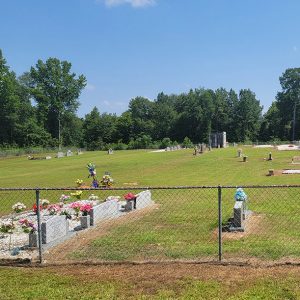 Bismarck Cemetery
Bismarck Cemetery 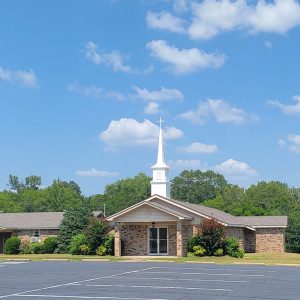 Bismarck Church
Bismarck Church 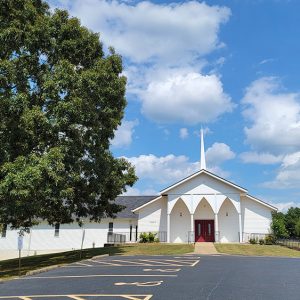 Bismarck Church
Bismarck Church 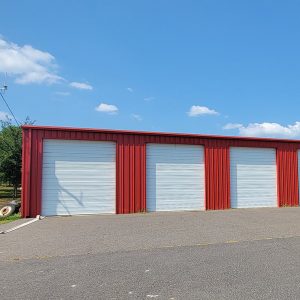 Bismarck Fire Department
Bismarck Fire Department 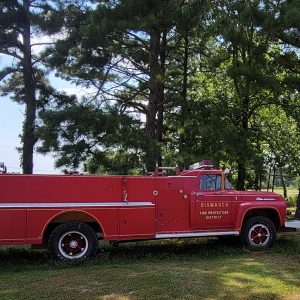 Bismarck Fire Engine
Bismarck Fire Engine 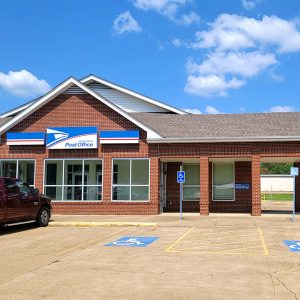 Bismarck Post Office
Bismarck Post Office 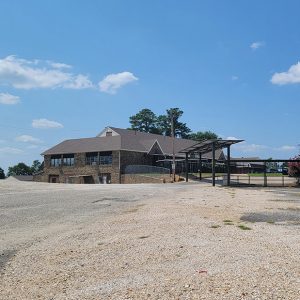 Bismarck School
Bismarck School 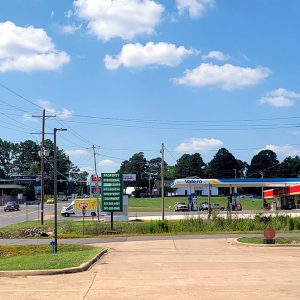 Bismarck Street Scene
Bismarck Street Scene 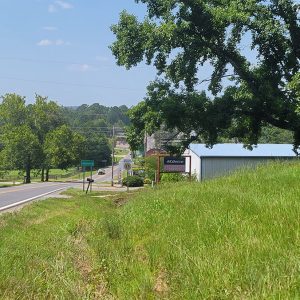 Entering Bismarck
Entering Bismarck 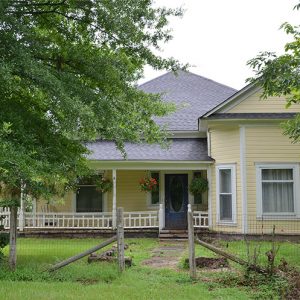 Hodges House
Hodges House 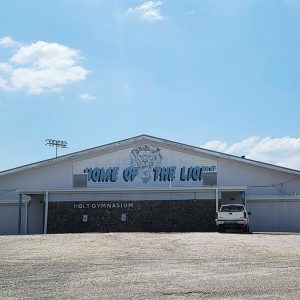 Holt Gymnasium
Holt Gymnasium 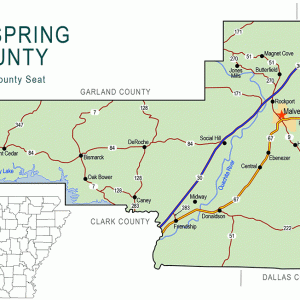 Hot Spring County Map
Hot Spring County Map 



Comments
No comments on this entry yet.